Search Results
71 records found
Decent Films Radio: Kresta & CA Live, 5/7 & 5/14
A couple of busy weeks on the air: Next Friday, 5/7, I’ll be doing an hour of Kresta in the Afternoon from 5pm–6pm EDT. Then the following Friday, 5/14, I’ll be back on Catholic Answers Live from 6pm–7pm EDT. (See homepage Spotlight for “listen live” links.)
Decent Films: Now on Twitter!
Look up at the Decent Films nav bar and you’ll see a new addition: In addition to RSS and Facebook, Decent Films is now on Twitter.
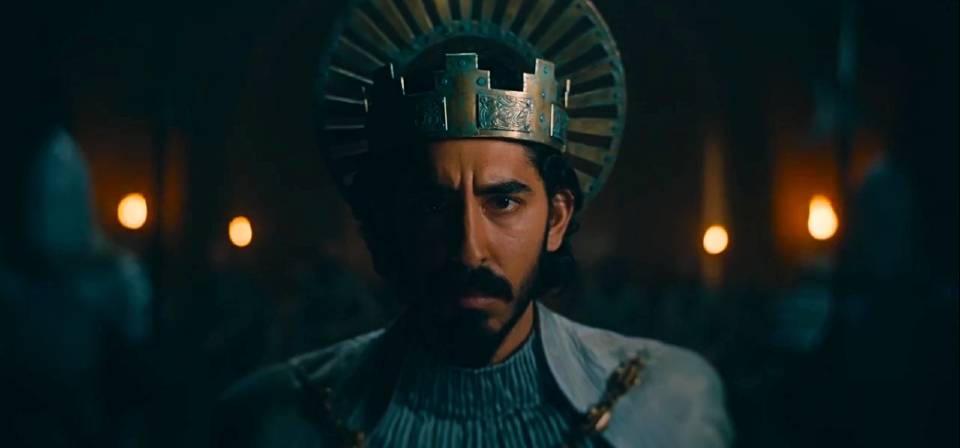
A deep cut: The Green Knight
After the library of books that is the Bible, no literary corpus means more to me than Arthuriana, and no Arthurian work means more to me than Sir Gawain and the Green Knight.
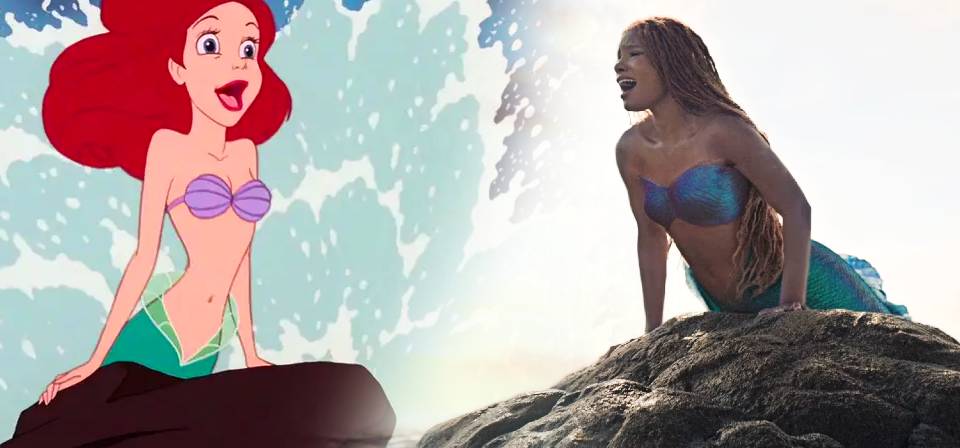
A deep dive: The Little Mermaid then and now
There’s something profoundly melancholy about Disney returning, in its present state of creative exhaustion and corporate decadence, to The Little Mermaid — the nucleus from which the entire Disney renaissance exploded, in a way along with everything that has followed.
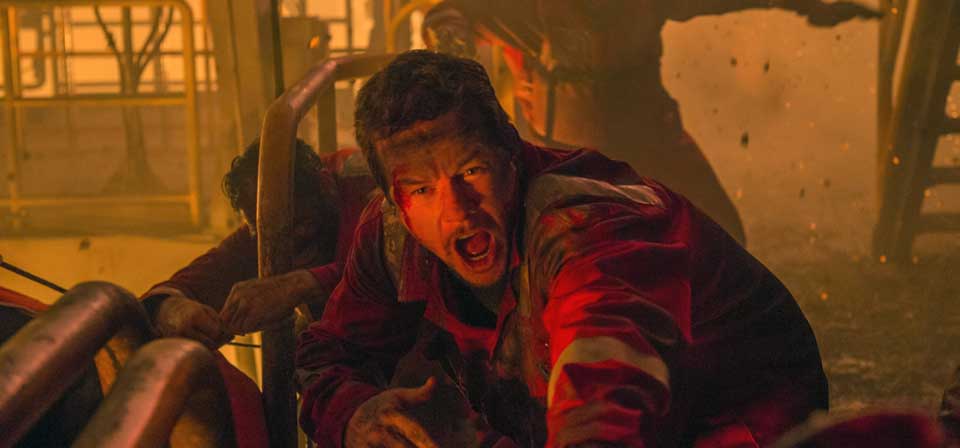
Deepwater Horizon (2016)
The film sketches in these characters just enough to hold the story together. What really interests Berg is exploring how the disaster happened, what it was like, and how those 126 people responded, for better and for worse.
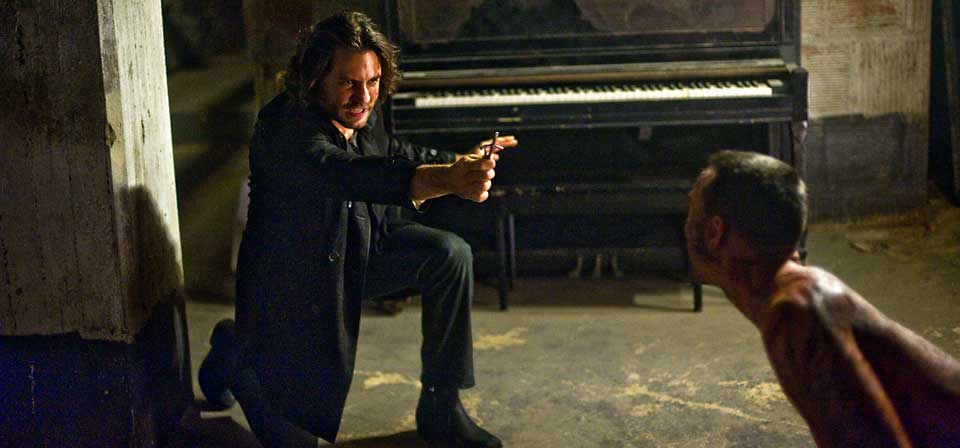
Deliver Us From Evil (2014)
Why would a mother at the zoo throw her toddler over a railing into the moat of a lion enclosure? That’s the kind of horrible question that can look very different if you are a police officer or a priest.
Deliver Us From Evil [video] (2014)
Édgar Ramírez might be my favorite horror-movie priest.
Dersu Uzala (1975)
Vladimir Arseniev was an early 20th-century explorer who mapped much of the krai territory of the Russian Far East and studied its indigenous peoples. Based on his memoirs, Akira Kurosawa’s Dersu Uzala tells the story of an unusual friendship between Arseniev (Yuri Solomin) and the nomadic tribal hunter for whom the film is named (Maksim Munzuk).
Despicable Me (2010)
To his suburban neighbors, Gru is a grumpy bald guy whose house looks like the Haunted Mansion and whose ride makes the Dark Knight’s Batmobile look like a Prius. He’s the one who makes tasteless “jokes” about killing your dog if it goes on his lawn again and pretends not to be home when girls come around selling cookies. You know the type.
Despicable Me 2 (2013)
“Dr. Evil without Austin Powers,” I called Gru in my review of Despicable Me. Turning Dr. Evil into Austin Powers (mutatis mutandis, for a family film) is the best possible way to keep the reformed character from losing his mojo. (Oh, how Mike Myers has influenced this discussion!)
Despicable Me 2 [video]
He was bad to the bone. Now he’s Dad to the bone. Does his mojo survive the transition? Despicable Me 2: my “Reel Faith” 60-second review.
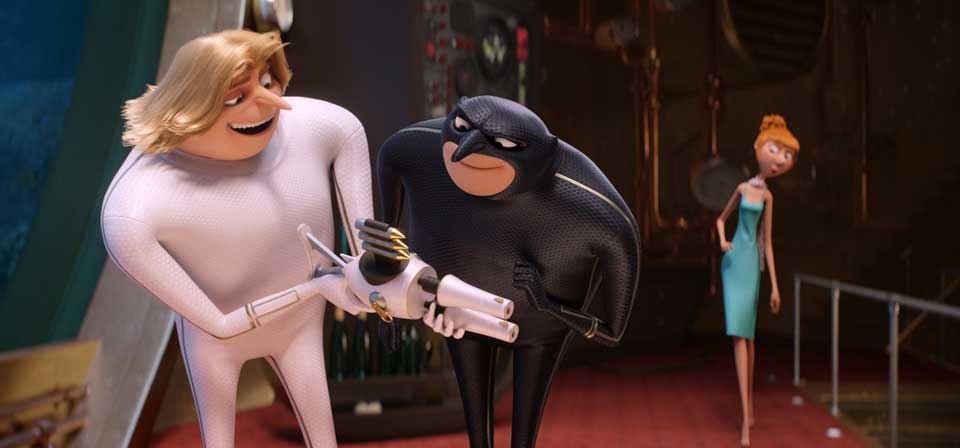
Despicable Me 3 (2017)
To call Despicable Me 3 desperate would be to ascribe too much effort and passion to the thing. Ice Age: Collision Course, now: There was a properly desperate sequel.
Destry Rides Again (1939)
A classic satirical action-comedy Western, Destry Rides Again pits mild-mannered sheriff’s deputy Jimmy Stewart — a reverse type of the typical John-Wayne two-fisted straight-shooting cowboy hero — against a lawless town full of swindlers and murderers where sheriffs tend to wind up dead.
The Detective [Father Brown] (1954)
Guinness makes a delightfully enjoyable Father Brown, and the film’s dialogue sparkles with flashes of Chestertonian wit. … Alas, this well-intentioned and otherwise enjoyable film is marred by several serious missteps.

Detroit (2017)
Kathryn Bigelow’s Detroit has an important story to tell, but what story is it?
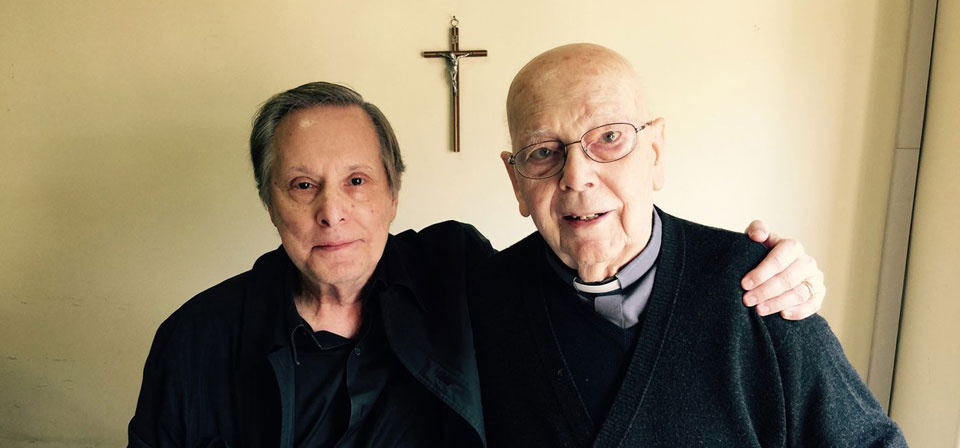
The Devil and Father Amorth (2018)
I am only a permanent deacon and a film critic, not a priest and certainly not an exorcist, but if Cristina’s voice hasn’t been digitally tweaked, for my money the devil needs a new sound design team.
The Devil Inside
At last, a horror film for disaffected Catholic traditionalists embittered against the Church for post-Vatican II changes; who see the Church itself, not just the larger culture, as compromised by modernism, and impeding orthodox clerics from carrying out true spiritual work.
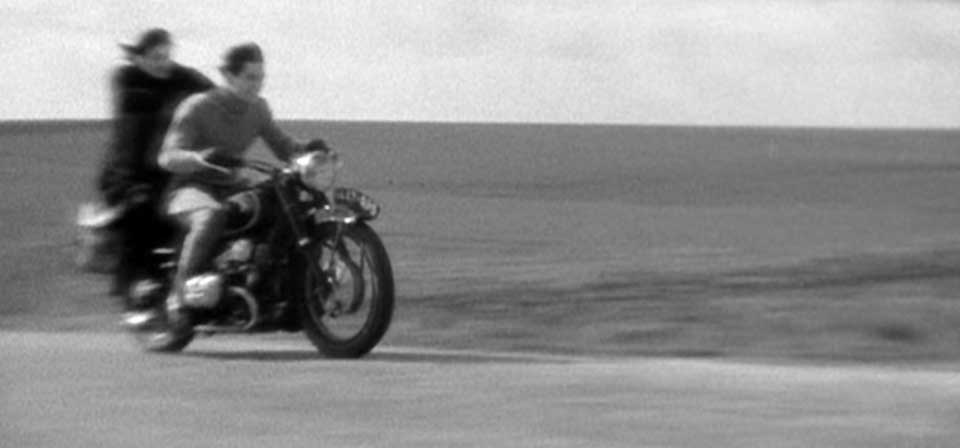
Diary of a Country Priest (1951)
Faithfully adapting its source material, Catholic novelist Georges Bernanos’s fictional autobiography of a soul, the film profoundly contemplates the spiritual meaning of suffering and persecution, conversion and incorrigibility, and the dark night of the soul with a rigor and insight evocative of Augustine’s Confessions or Thérèse’s Story of a Soul.
Die Hard (1988)
Along with Star Wars and Raiders of the Lost Ark, John McTiernan’s Die Hard defined a generation of action-adventure movies.

The Dish (2000)
The Dish is closer in spirit to gentle British and Irish comedies like Waking Ned Devine and The Matchmaker than more characteristically edgy Australian comedies such as Strictly Ballroom, Muriel’s Wedding, and Priscilla, Queen of the Desert. Sam Neill, leading the Australian cast, sets the tone; his deliberate, relaxed performance as Cliff is at the center of the film, as he plays Andy Griffith to the residents of this down-under Mayberry.
Recent
- Crisis of meaning, part 3: What lies beyond the Spider-Verse?
- Crisis of meaning, part 2: The lie at the end of the MCU multiverse
- Crisis of Meaning on Infinite Earths, part 1: The multiverse and superhero movies
- Two things I wish George Miller had done differently in Furiosa: A Mad Max Saga
- Furiosa tells the story of a world (almost) without hope
Home Video
Copyright © 2000– Steven D. Greydanus. All rights reserved.